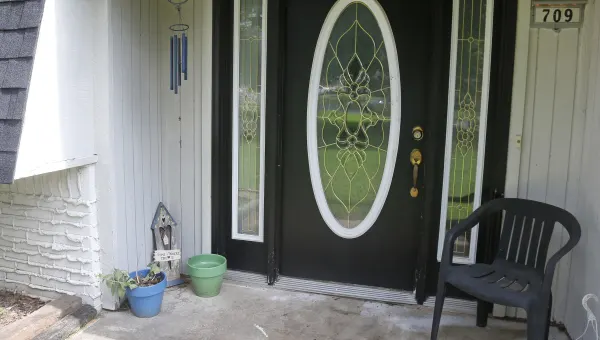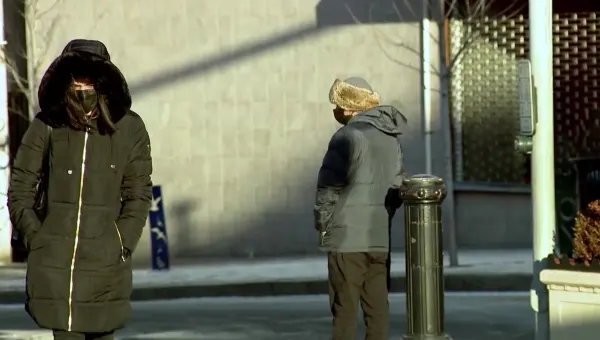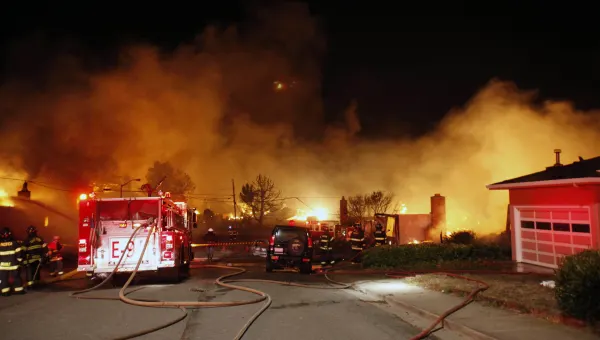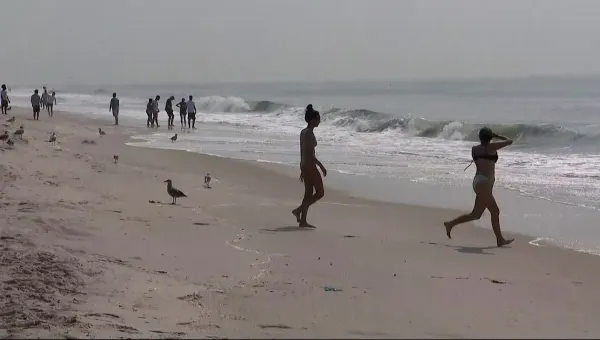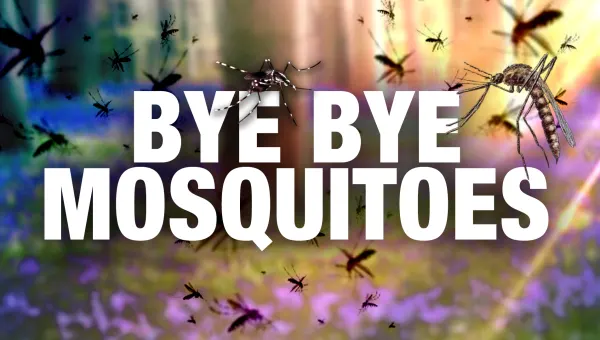Gov. Murphy issues new public health emergency. Here are the powers it grants.
Gov. Phil Murphy declared a new public health emergency on Tuesday because of the COVID-19 pandemic.
News 12 Staff
•
Jan 12, 2022, 10:14 AM
•
Updated 833 days ago
Share:
More Stories

Hometown Heroes in the Hudson Valley
7ds ago1:28
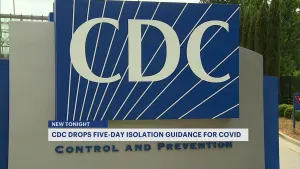
Medical experts recommend to still take precautions following CDC's revised COVID isolation guidelines
54ds ago1:52
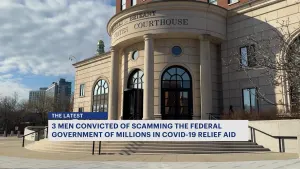
Judge: 3 men convicted in COVID-19 relief aid fraud
75ds ago1:47

Wondrous Things store in Briarcliff Manor to close after 34 years; everything 25% off
202ds ago0:28

Rockland small businesses get COVID-19 reimbursement grant
202ds ago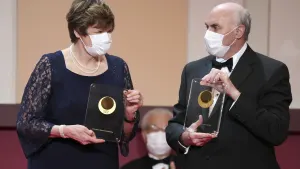
Nobel in medicine goes to 2 scientists whose work enabled creation of mRNA vaccines against COVID-19
205ds ago
Hometown Heroes in the Hudson Valley
7ds ago1:28

Medical experts recommend to still take precautions following CDC's revised COVID isolation guidelines
54ds ago1:52

Judge: 3 men convicted in COVID-19 relief aid fraud
75ds ago1:47

Wondrous Things store in Briarcliff Manor to close after 34 years; everything 25% off
202ds ago0:28

Rockland small businesses get COVID-19 reimbursement grant
202ds ago
Nobel in medicine goes to 2 scientists whose work enabled creation of mRNA vaccines against COVID-19
205ds agoGov. Phil Murphy declared a new public health emergency on Tuesday because of the COVID-19 pandemic. The declaration came despite objections from Republican and some Democratic lawmakers.
The declaration means that the school mask mandate and other directives will remain in place for at least the next 30 days. This comes as cases of the virus surge in New Jersey.
“I have taken the necessary step of redeclaring a public health emergency to ensure we keep moving forward,” Murphy said Tuesday during his State of the State address.
It is the first time in seven months that New Jersey is in a public health emergency.
“In your day-to-day lives, this really won’t bring any changes,” Murphy said.
A public health emergency is separate from a state of emergency, like the one the governor declared after last week's snowstorm. For a public health emergency, the governor derives his power from the Emergency Health Powers Act, signed into law in 2005 in the wake of the Sept. 11 attacks.
MORE: Search
for a Cure
COVID RESOURCES: COVID-19 vaccine
resources and case data
SEARCH FOR A CURE: Statistics and State
Resources
“How long should the governor's powers be somewhat extraordinary because of this emergency and at what point should those powers go back to something closer to what they normally are?” asks John Weingart, associate director of the Eagleton Institute of Politics at Rutgers.
Under the Emergency Health Powers Act, the governor has 30 days before he must renew a public health emergency. But during that time, Murphy and Health Commissioner Judith Persichilli legally have the power to order people to quarantine, require vaccinations or even order temporary mass burials.
“I think Gov. Murphy has used executive power more than past governors, but again, it’s been a different set of circumstances,” Weingart says.
Weingart studies the New Jersey governorship for Eagleton. He says laws like the Emergency Health Powers Act are designed to allow action in a fast, unfolding crisis.
“You do want a governor to be able to respond to unforeseen, unpredictable circumstances like what we’re in now. And not to say, ‘We hear people are getting real sick, let’s schedule a legislative hearing for 60 days from now,’” Weingart says.
Regular states of emergency can stay in place almost indefinitely. New Jersey is still under a state of emergency due to Superstorm Sandy nearly 10 years ago. And the original state of emergency from COVID-19 first issued in March 2020 is also still in place.
The governor's office said on Wednesday that the two states of emergency due to snow will be closed soon, but that states of emergency from Isa, Sandy and Irene in 2011 all remain in place.
